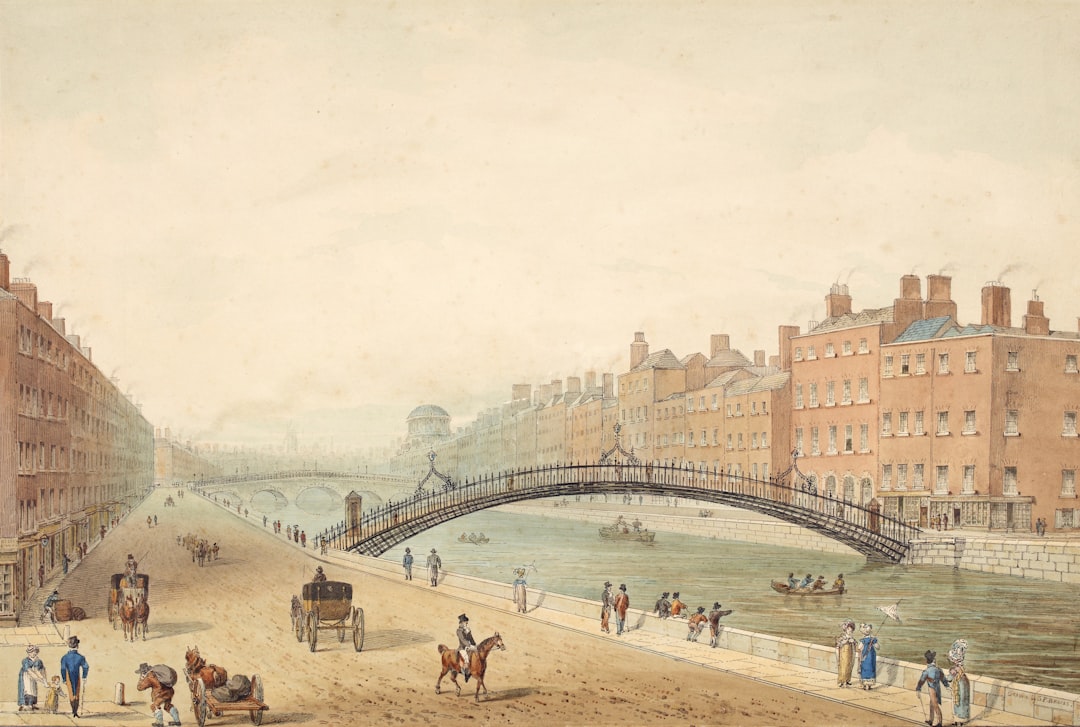What is it about?
An overview of how the issue of freedom to study religion has been addressed and framed in academic research. The essay investigates key concepts and catchphrases such as Value-Free, scientific freedom from religious values, the autonomy of religion, and fact-given or God-given theories of freedom.
Featured Image

Photo by Kajetan Sumila on Unsplash
Why is it important?
The investigation shows how the Academic Study of Religion has tended to be polarized into two conflicting readings of the research freedom: freedom from religious values, i.e. neutrality of facts, or emancipation of religion from external influences, i.e. autonomy of religious studies. A significant finding of the essay is that this opposition has set up a two-fold system that absorbs alternatives, under which the alleged pluralism of scientific freedom becomes deceptive. I call this system ‘freedom binarism’ in the study of religion.
Perspectives
I wrote this article while preparing a film documentary on the same issue, produced by the European Commission within a Marie Curie program. The film is based on interviews with scholars from Central and Eastern European countries who answer the question: “are you free to study religion today?”. The documentary will be released in September 2023. This essay represents its preliminary step.
Valerio Severino
Univerzita Palackeho v Olomouci
Read the Original
This page is a summary of: Discourses on Research Freedom in the Academic Study of Religion. An Overview, Method & Theory in the Study of Religion, March 2023, Brill,
DOI: 10.1163/15700682-bja10107.
You can read the full text:
Contributors
The following have contributed to this page










